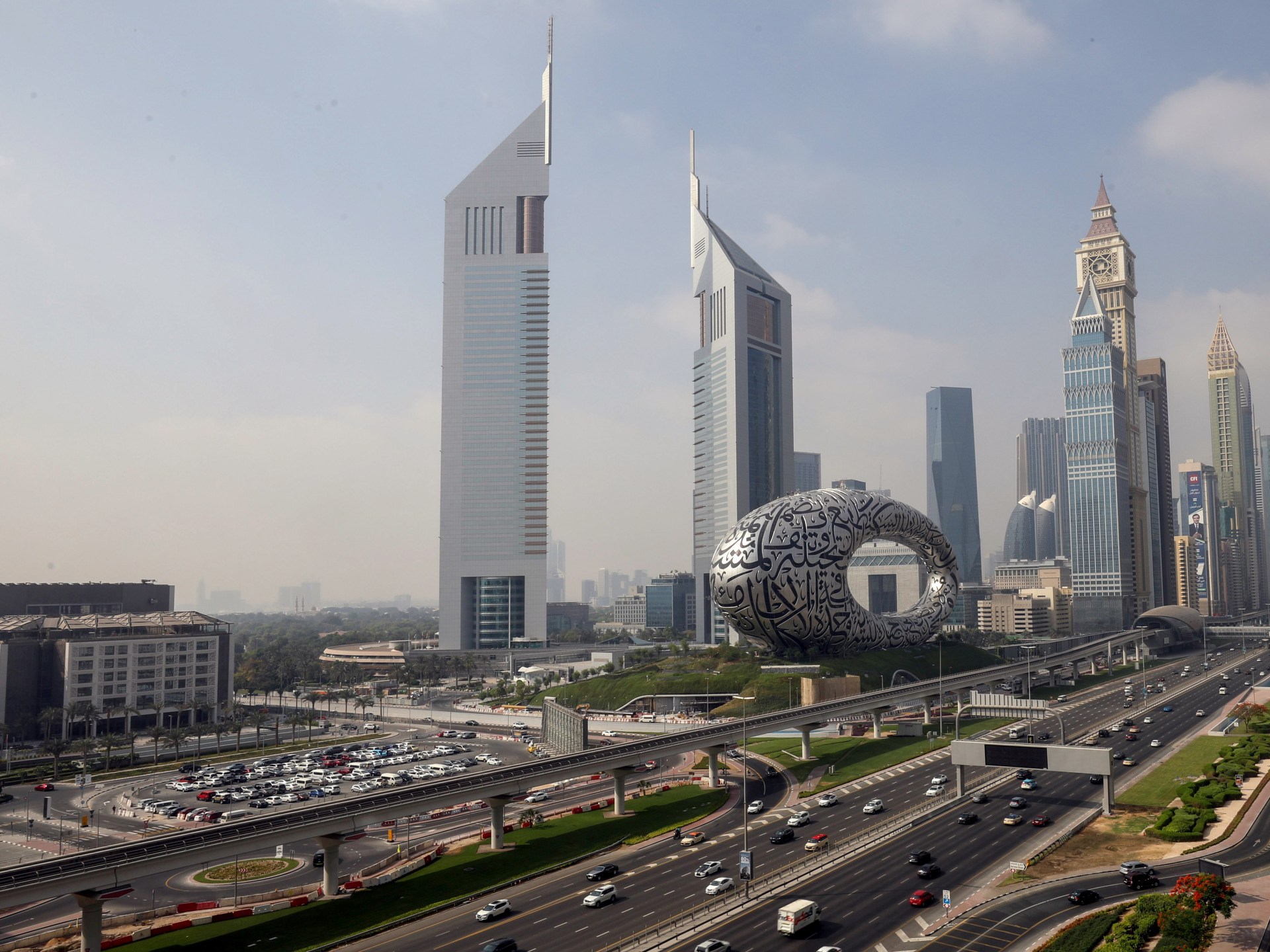Dubai's attractiveness has begun to lose its luster for Russians as the cost of living rises and banking regulations tighten (Reuters)
Two years ago, in the wake of the outbreak of the Russo-Ukrainian war, Dubai emerged as a magnet for wealthy Russians seeking refuge for their businesses or new beginnings. However, the appeal of this once thriving cosmopolitan oasis is losing its luster as the cost of living rises and banking regulations tighten.
According to data from Bloomberg and various sources within the financial sector, Russian investment flows into the UAE, especially Dubai, are beginning to show signs of slowing. However, agency executives estimate that the country may have absorbed most of the benefits of Russian funds and is unlikely to see further inflows. This raises questions about the future of Russian capital in the region.
Bloomberg reports that the tremendous growth in Dubai real estate market prices and the rise in daily expenses are prompting many Russian expatriates to explore alternative destinations.
While the UAE has not imposed sanctions on Russia unlike the United States and the European Union, local banks are reportedly stepping up scrutiny of Russian entities for compliance with US sanctions, putting additional pressure on Russian investors seeking to establish bank accounts in the region.
A yacht belonging to Russian billionaire Andrei Melnichenko docks in the port of Ras Al Khaimah in the United Arab Emirates (Associated Press)
According to Bloomberg, Henley & Partners, a leading investment-based immigration firm, has observed a significant decline in the number of Russians moving to the UAE, indicating a downward trajectory in Russian interest in the region.
The head of the company's Middle East division, Philippe Amarante, told the agency, "Some of my Russian clients have either reduced their real estate assets in Dubai, or returned to Moscow or to other available and very attractive jurisdictions such as Mauritius."
The banking sector is tightening its grip
In response to demands for increased regulatory scrutiny, UAE-based banks, such as Emirates Bank, have significantly strengthened their oversight of Russian entities.
According to sources familiar with the matter who spoke to Bloomberg, these banks are seeking to enhance compliance with US sanctions, leading to greater scrutiny of Russian accounts and transactions.
While the average Russian middle class has generally not faced significant obstacles in opening bank accounts, sanctioned individuals with political affiliations have faced challenges in operating accounts in the UAE.
Dubai may witness a more pronounced impact due to its heavy reliance on foreign investment and real estate (Getty)
Bloomberg says that Norilsk Nickel, Russia's leading mining company, has taken the decision to refrain from starting trading operations in the United Arab Emirates due to logistical and banking concerns.
This decision highlights the increasing complexities facing Russian companies operating in Dubai amid escalating geopolitical tensions.
Economic repercussions
Despite the challenges posed by the exodus of wealthy Russians, the impact on the UAE economy is expected to be relatively modest, according to Steven Hertog, an associate professor at the London School of Economics.
However, Dubai may see a more pronounced impact due to its heavy reliance on foreign investment and real estate, according to Bloomberg.
But some Russian companies are still continuing their operations in Dubai, as Rusal International, one of the major aluminum producing companies, has moved its global business operations to Dubai, which means the continuation of some Russian presence in the emirate’s economic scene.
Source: Bloomberg

